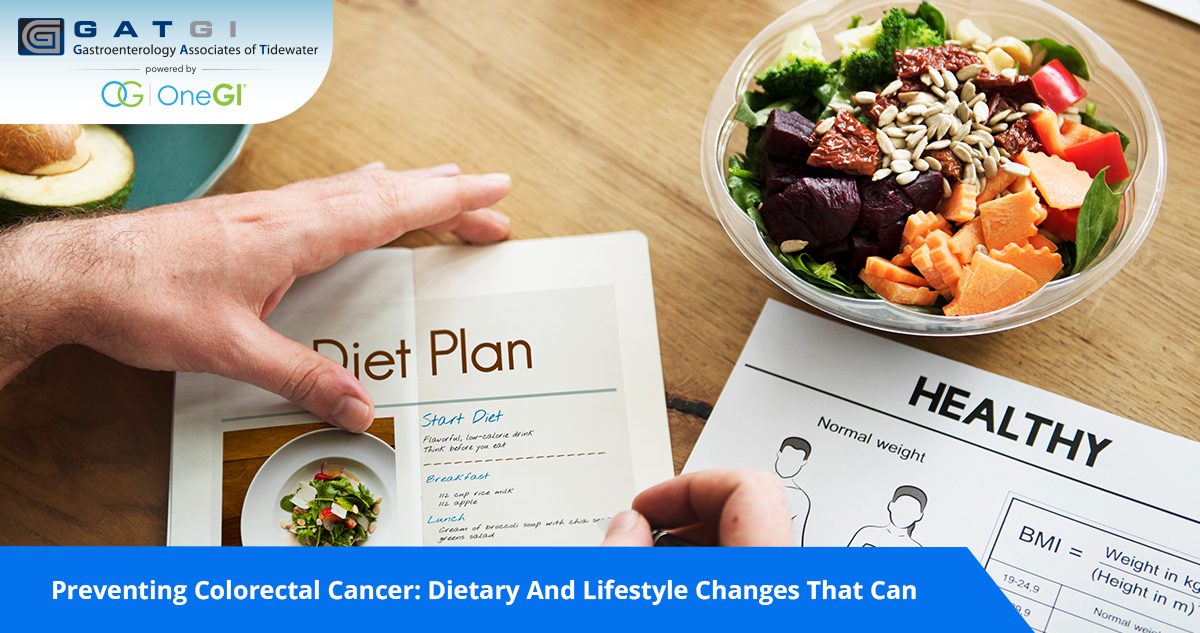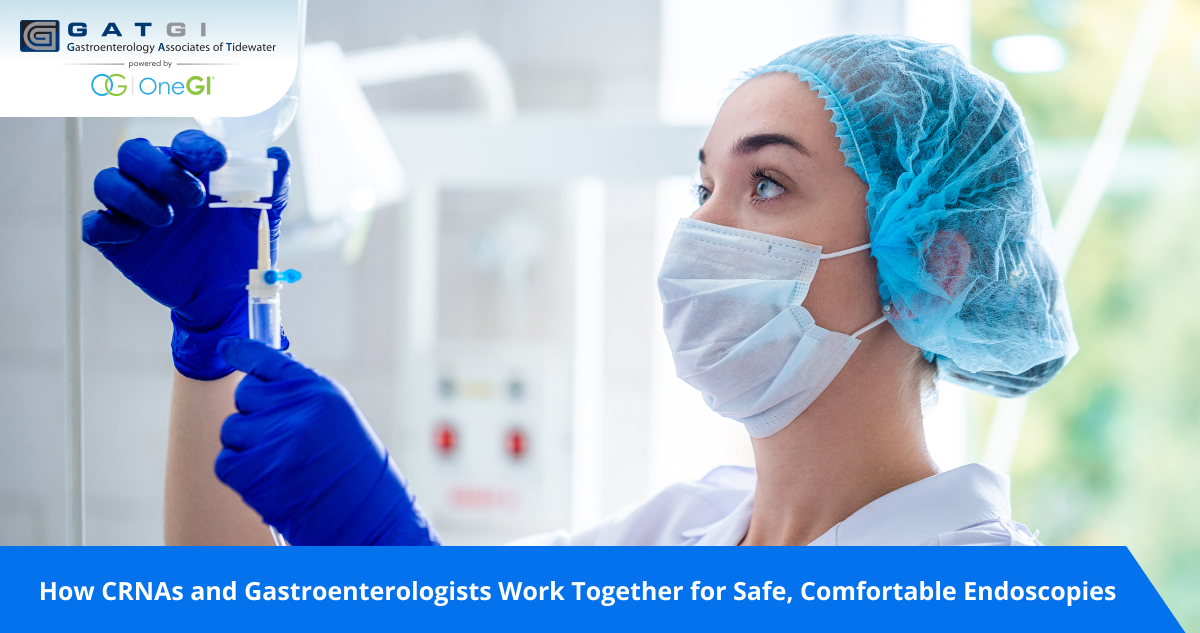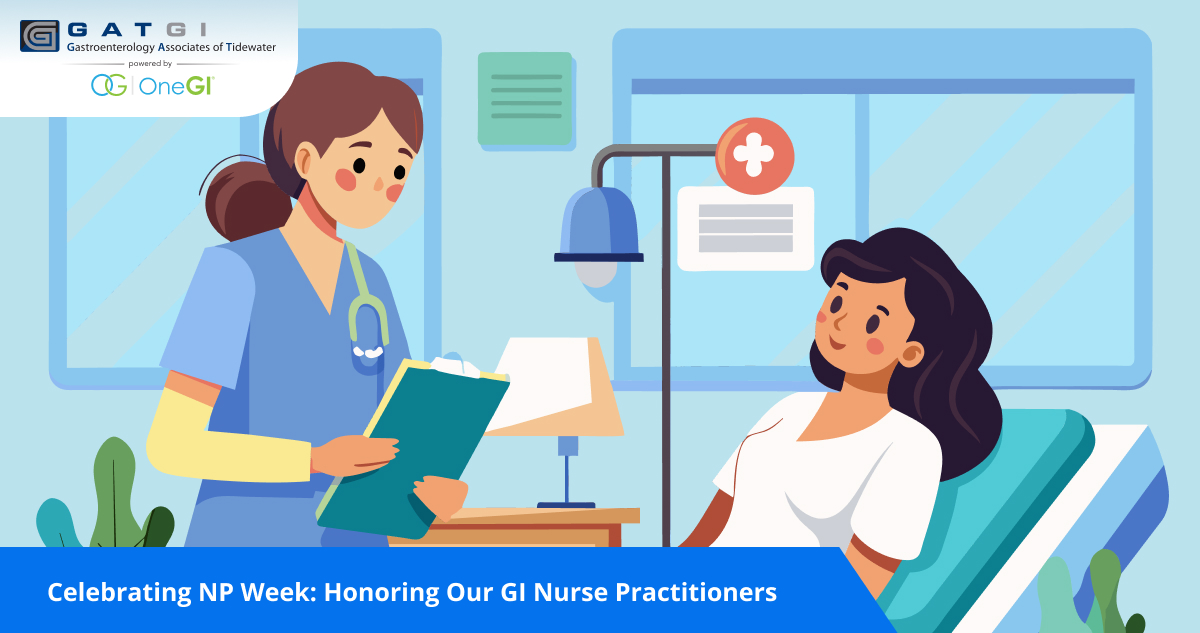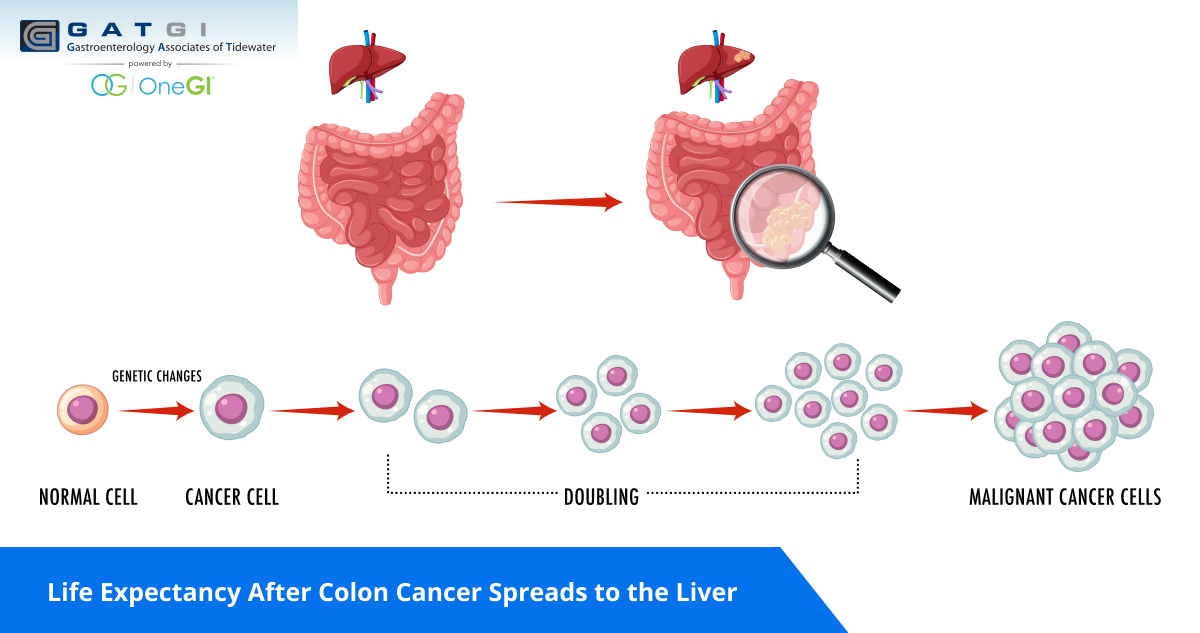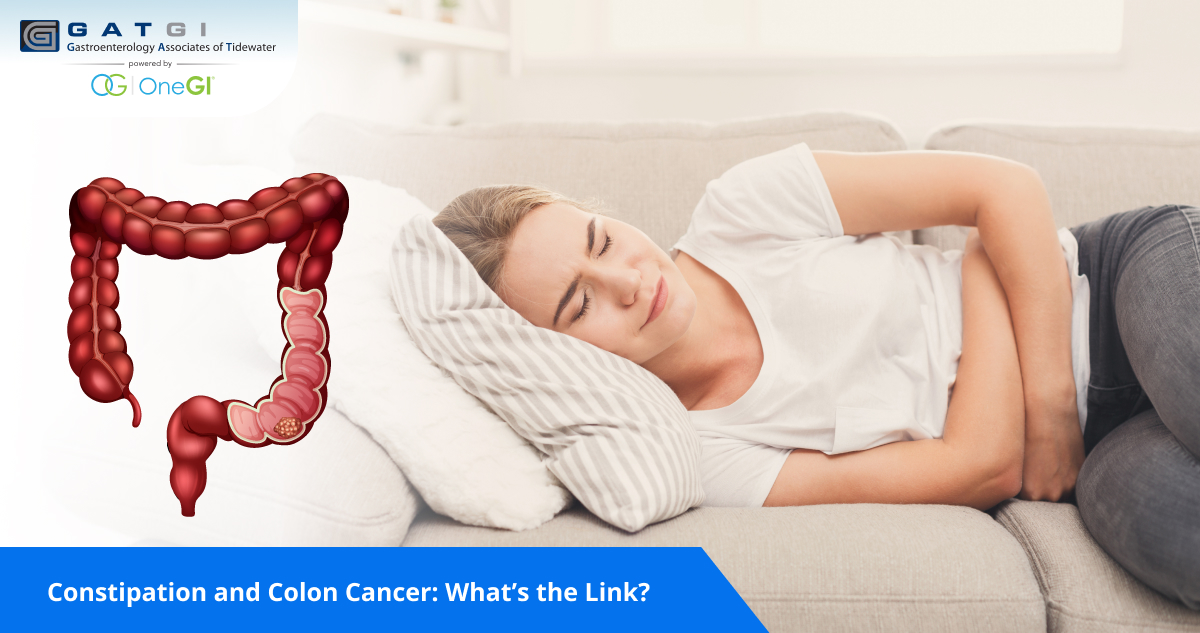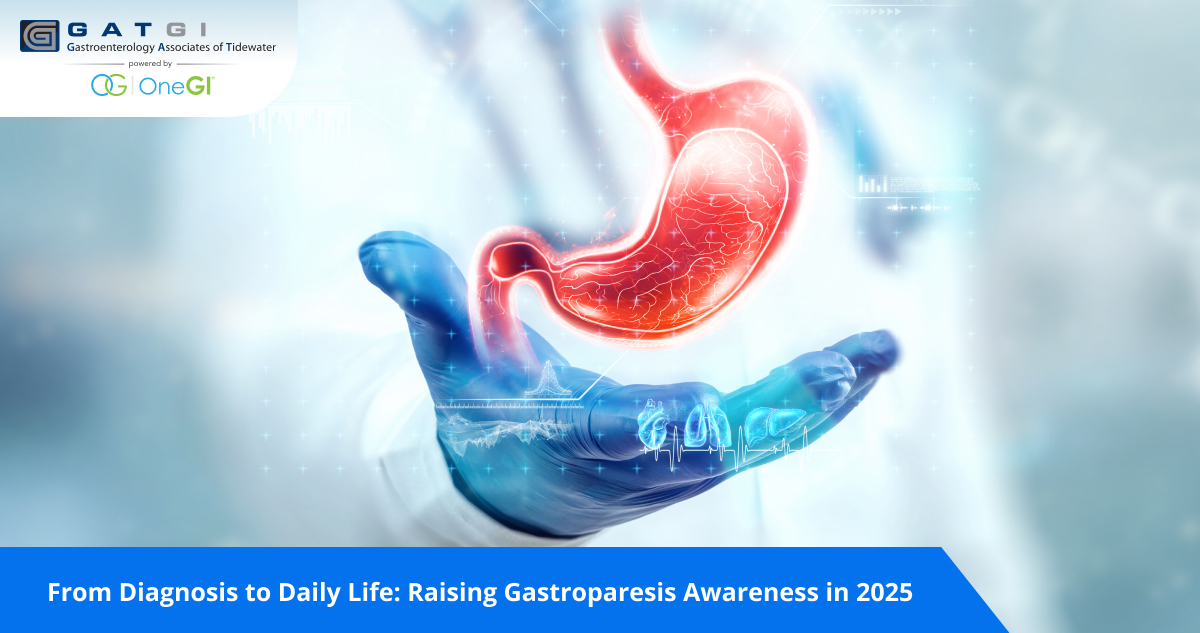Colorectal cancer remains a significant public health concern across the globe, especially in Hampton Roads, Va. where the occurrence of colorectal cancer is high. However, with a few dietary and lifestyle changes, we can reduce the risk.
Colorectal cancer, often referred to as colon cancer, is a type of cancer that begins in the large intestine (colon). The colon is the last segment of the digestive tract. Colorectal cancer usually starts as small, noncancerous (benign) clumps of cells known as polyps that form on the inside of the colon. Over time, these growths can potentially develop into colon cancers.
Early detection of symptoms is crucial for early detection and treatment of colorectal cancer .
- Persistent changes in bowel habits, including diarrhea or constipation
- Rectal bleeding or blood in the stool
- Persistent abdominal discomfort such as cramps, gas, or pain
- A feeling that your bowel doesn’t empty completely
- Weakness or fatigue
- Unexplained weight loss
However, the symptoms of colorectal cancer often only become apparent when the disease has progressed to a more advanced stage. This highlights the importance of regular screenings such as colonoscopies. Screenings can detect colon cancer in the early stages, even before symptoms have developed. Early detection is crucial as it significantly increases the chances of successful treatment and survival.
Here are some dietary and lifestyle changes that you can incorporate into your daily routine to reduce your risk of developing colorectal cancer.
Table of Contents
Eat More Fruits, Vegetables, and Whole Grains
Fruits, vegetables, and whole grains are rich in dietary fiber, which is believed to play a vital role in preventing colorectal cancer. Dietary fiber aids the digestive process by adding bulk to the stool and accelerating its passage through the colon. This can help to prevent constipation and decrease the time that waste is spent in the body, reducing the potential for harmful substances to remain in the colon and cause damage.
Overall, incorporating a higher intake of fruit, vegetables, and whole grains into your diet can help maintain a healthy digestive system and lower your risk of developing colorectal cancer.
Dietary Changes
What you avoid is also as important as what you consume. Limit red and processed meats, as numerous studies link them to an increased likelihood of developing colorectal cancer. Additionally, limiting alcohol consumption is recommended. Heavy alcohol use has been linked to an increased risk of this type of cancer, so moderation is key.
Lifestyle Changes
Beyond diet, lifestyle changes can also have a substantial impact. Regular physical activity plays a key role in maintaining a healthy weight, which in turn, decreases cancer risk. Try to include 30 minutes of moderate exercise on most days of the week.
Smoking and heavy alcohol consumption are also associated with a higher risk of colorectal cancer. If you smoke, try to quit. Quitting smoking is the best thing you can do for your health. Drink alcohol responsibly and in moderation.
The Role of Screening
Despite our best preventive efforts, colorectal cancer can still develop. That’s where colorectal cancer screening in Chesapeake comes in. Regular screenings such as colonoscopies are vital because they can catch the disease in its early stages when it’s most treatable.
If you’re over the age of 45 or have a family history of colorectal cancer, it’s especially important to get screened. A board-certified gastroenterologist in Chesapeake, Virginia, can help you understand the screening process and guide you through it.
Preventing colorectal cancer isn’t just about medical interventions. It’s also about the choices we make every day. By making healthier choices concerning our diet and lifestyle, and keeping up with regular screenings, we can significantly reduce our risk and ensure a healthier future.
If you’re interested in a consultation or considering getting a colorectal cancer screening in Chesapeake, Virginia, contact Gastroenterology Associates of Tidewater to make an appointment by calling (757) 547-0798.

